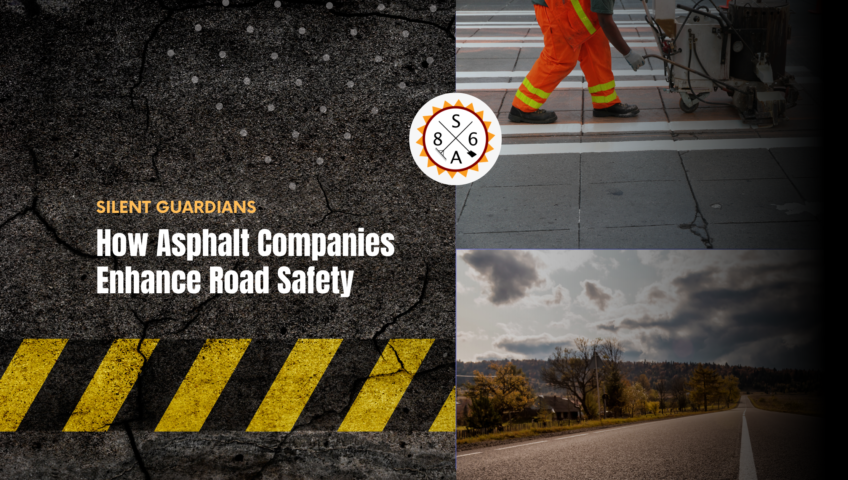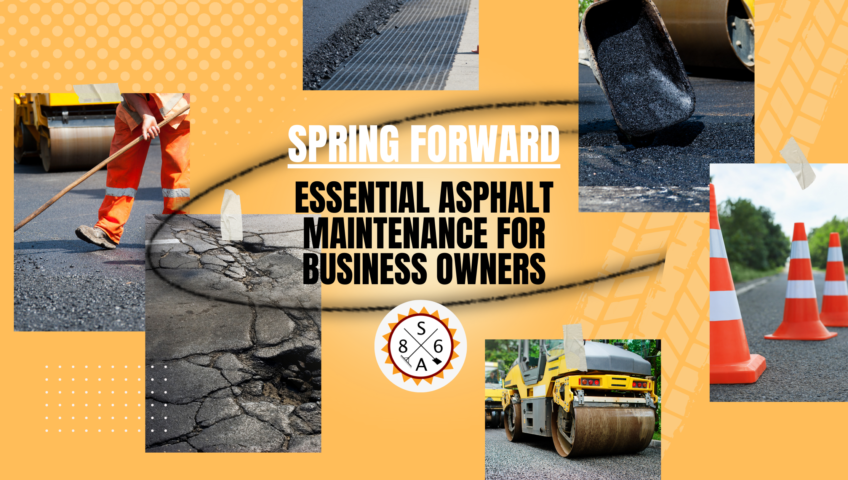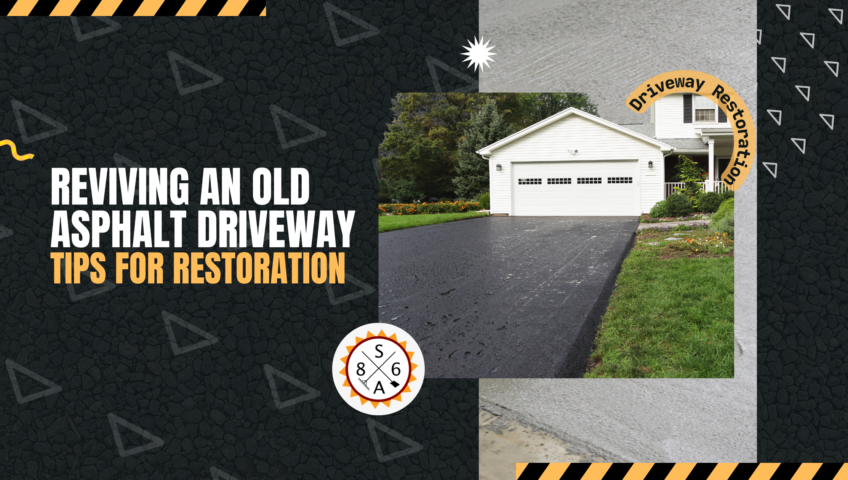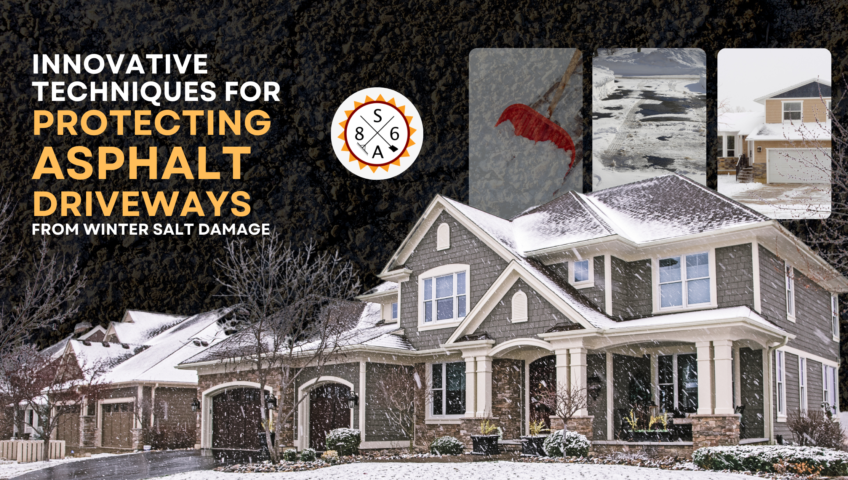
The Silent Guardians: How Asphalt Companies Enhance Road Safety
The Critical Role of Pavement Markings
Pavement markings on commercial asphalt serve as a fundamental element in road safety, guiding millions of drivers every day. Asphalt companies, the unsung heroes in this narrative, ensure that these surfaces are not only smooth and durable but also effectively communicate vital information to all road users. The lines, symbols, and signs painted on the road form a universal language of safety, meticulously applied by these companies to direct traffic, prevent accidents, and save lives.
The Quality of Asphalt and Markings
The interplay between the quality of asphalt and the effectiveness of pavement markings is a critical focus for asphalt companies. High-quality asphalt provides a conducive canvas for durable and visible markings. These companies use advanced materials like thermoplastic and reflective paint to ensure that markings remain visible under various conditions, such as at night or during inclement weather. The expertise of these companies in selecting and applying the right materials is essential for the longevity and effectiveness of road markings.
Strategic Importance of Markings
Pavement markings do more than manage traffic flow; they structure the complex interactions between different types of road users. The precision in the application of these markings is crucial, as inaccuracies can lead to confusion and accidents. Asphalt companies leverage their expertise to ensure that each line, symbol, and sign is perfectly placed, providing clear and unambiguous guidance to drivers, cyclists, and pedestrians.
Innovations in Road Safety
Asphalt companies are at the forefront of innovation in road safety. They continuously explore new materials and technologies to enhance the visibility and durability of pavement markings. Innovations like color-coded pavements for specific lanes and reflective beads in markings significantly improve safety for all road users, particularly in low-light conditions.
Maintenance: Keeping Roads Safe
Maintenance of pavement markings is a continuous task undertaken by asphalt companies. Regular inspections and prompt repairs ensure that markings remain visible and effective, maintaining the safety features of the road. This ongoing maintenance is crucial for the longevity of both the asphalt surface and the markings, ensuring that they continue to guide and protect road users.
Collaboration for Urban Safety
In urban settings, where the density of traffic and the diversity of road users are highest, the role of pavement markings is especially critical. Asphalt companies work closely with city planners and traffic engineers to design road systems that accommodate various modes of transport. Through strategic markings, they manage the complex interactions in urban traffic, enhancing safety for everyone on the road.
The Critical Role of Pavement Markings
Pavement markings on commercial asphalt serve as a fundamental element in road safety, guiding millions of drivers every day. Asphalt companies, the unsung heroes in this narrative, ensure that these surfaces are not only smooth and durable but also effectively communicate vital information to all road users. The lines, symbols, and signs painted on the road form a universal language of safety, meticulously applied by these companies to direct traffic, prevent accidents, and save lives.
The Quality of Asphalt and Markings
The interplay between the quality of asphalt and the effectiveness of pavement markings is a critical focus for asphalt companies. High-quality asphalt provides a conducive canvas for durable and visible markings. These companies use advanced materials like thermoplastic and reflective paint to ensure that markings remain visible under various conditions, such as at night or during inclement weather. The expertise of these companies in selecting and applying the right materials is essential for the longevity and effectiveness of road markings.
Strategic Importance of Markings
Pavement markings do more than manage traffic flow; they structure the complex interactions between different types of road users. The precision in the application of these markings is crucial, as inaccuracies can lead to confusion and accidents. Asphalt companies leverage their expertise to ensure that each line, symbol, and sign is perfectly placed, providing clear and unambiguous guidance to drivers, cyclists, and pedestrians.
Innovations in Road Safety
Asphalt companies are at the forefront of innovation in road safety. They continuously explore new materials and technologies to enhance the visibility and durability of pavement markings. Innovations like color-coded pavements for specific lanes and reflective beads in markings significantly improve safety for all road users, particularly in low-light conditions.
Maintenance: Keeping Roads Safe
Maintenance of pavement markings is a continuous task undertaken by asphalt companies. Regular inspections and prompt repairs ensure that markings remain visible and effective, maintaining the safety features of the road. This ongoing maintenance is crucial for the longevity of both the asphalt surface and the markings, ensuring that they continue to guide and protect road users.
Collaboration for Urban Safety
In urban settings, where the density of traffic and the diversity of road users are highest, the role of pavement markings is especially critical. Asphalt companies work closely with city planners and traffic engineers to design road systems that accommodate various modes of transport. Through strategic markings, they manage the complex interactions in urban traffic, enhancing safety for everyone on the road.




